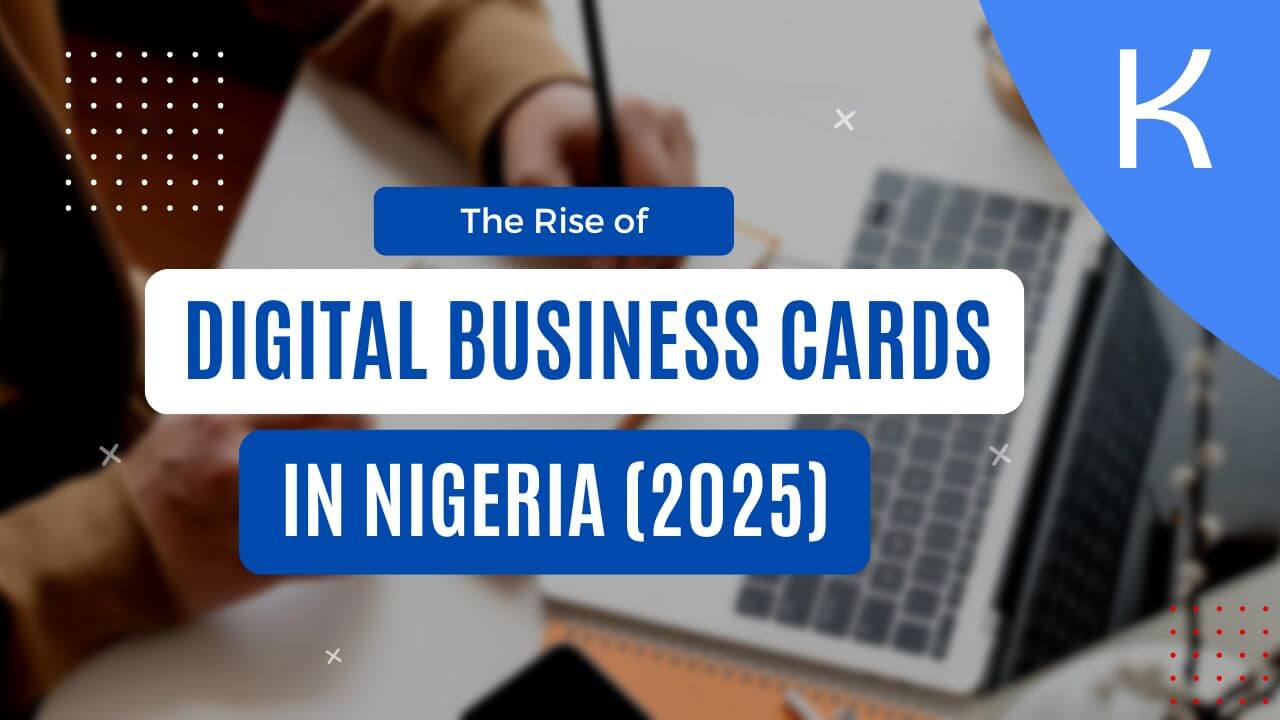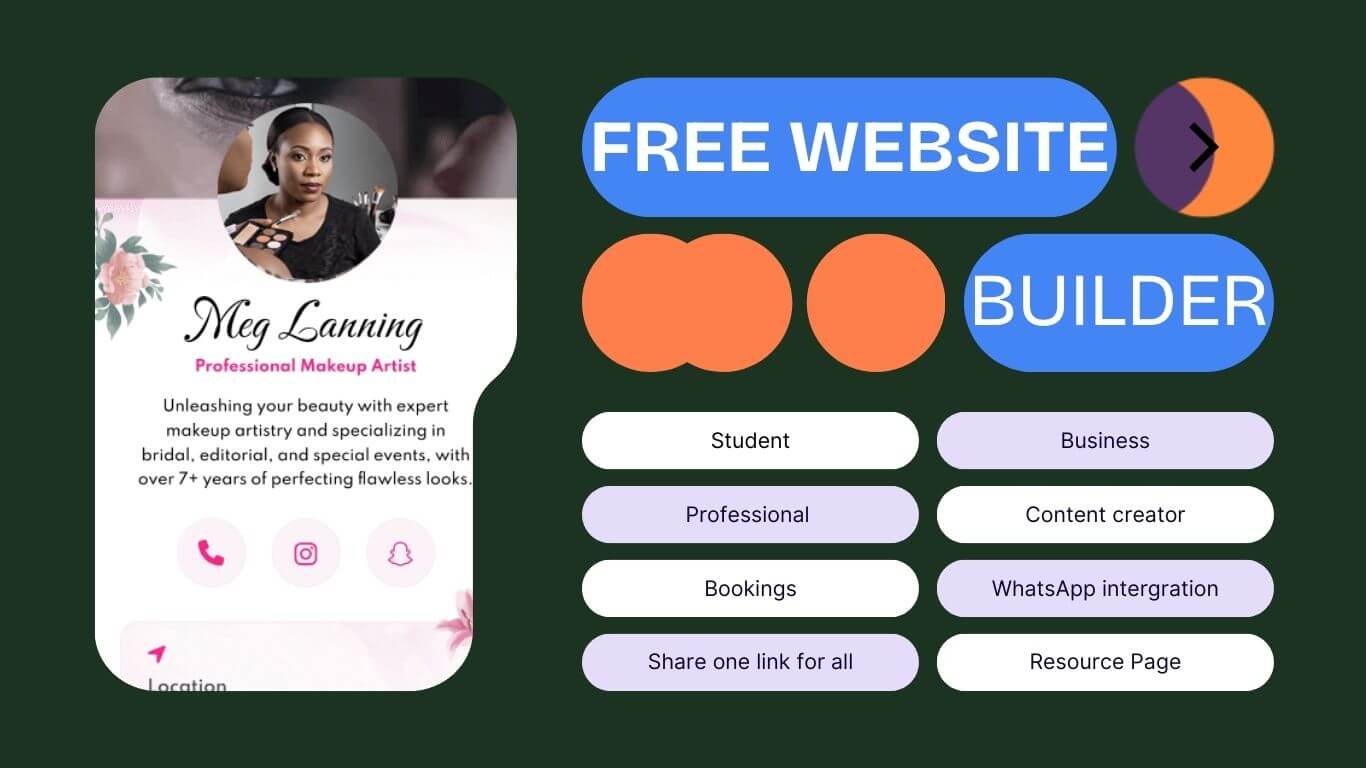

The Rise of Digital Business Cards in Nigeria (2025)

In 2025, Nigeria is witnessing a significant shift in how professionals and businesses present themselves. As digital transformation continues to sweep across industries, one area that has remained surprisingly traditional—until now—is the business card.
The classic paper business card, once a staple of professional networking, is becoming obsolete. The limitations are increasingly evident: they get lost, they can't be updated, they wear out, and in a digital-first world, they simply don't fit the way people connect anymore.
This shift has given rise to a more flexible and efficient solution: digital business cards.
Why the Shift to Digital?
Several factors are driving the growing adoption of digital business cards in Nigeria:
-
Mobility and Accessibility
With a growing number of professionals working remotely or attending virtual events, networking is no longer confined to face-to-face interactions. Digital cards can be shared instantly through links, QR codes, or messaging apps, allowing professionals to exchange details anytime, anywhere. -
Real-Time Updates
Traditional cards become outdated quickly — a change in phone number or job title means reprinting. Digital cards can be updated instantly, ensuring the information you share is always current. -
Cost and Sustainability
Printing business cards in bulk can be expensive, especially for small businesses or startups. Digital cards eliminate printing costs and reduce paper waste, aligning with more eco-conscious business practices. -
Integrated Online Presence
Many digital business card platforms allow users to add links to their websites, social profiles, WhatsApp stores, or portfolio pages. This makes the card not just a contact tool, but a central hub for online identity. -
Security and Privacy
Some platforms now offer access controls, allowing users to restrict sensitive information and share it only with selected contacts. This level of control simply isn’t possible with physical cards.
A Nigerian Perspective
Nigeria is uniquely positioned to benefit from this shift. With a rapidly growing digital economy, increasing smartphone penetration, and a tech-savvy youth population, the country is already embracing digital tools for everything from banking to learning. The business card is simply the next logical step.
Moreover, the informal sector and SMEs—which make up a significant portion of the Nigerian economy—are always looking for cost-effective ways to scale and connect. Digital business cards provide a professional and accessible means of doing that, even with limited resources.
Local Innovation: Tools Built for the Market
Several platforms are making it easier for Nigerians to create and manage their digital identities. One such platform is Kurrent.app, which allows users to build mobile-friendly digital business cards, create WhatsApp-based stores, and generate bio links—all without coding. Tools like these reflect a deeper understanding of local needs: mobile-first design, easy onboarding, and flexibility for both individual professionals and growing businesses.
When Is the Right Time to Switch?
The answer is now.
As digital tools become more integrated into the way Nigerians work, shop, and communicate, having a paper business card starts to look outdated. Whether you're attending conferences, pitching to clients, or networking online, the ability to instantly share a dynamic, interactive digital card is no longer a luxury—it's a necessity.
The digital economy in Nigeria is moving forward, and professionals who embrace tools like digital business cards are positioning themselves to lead rather than follow.
Final Thoughts
Just as emails replaced faxes and mobile money is replacing cash, digital business cards are steadily replacing their paper predecessors. The advantages are clear: they are more flexible, cost-effective, and aligned with how people network today.
For Nigerian professionals and businesses ready to evolve with the times, adopting digital business cards isn't just about convenience—it's about staying relevant in an increasingly digital world.


_6866bcf4ee09e.png)